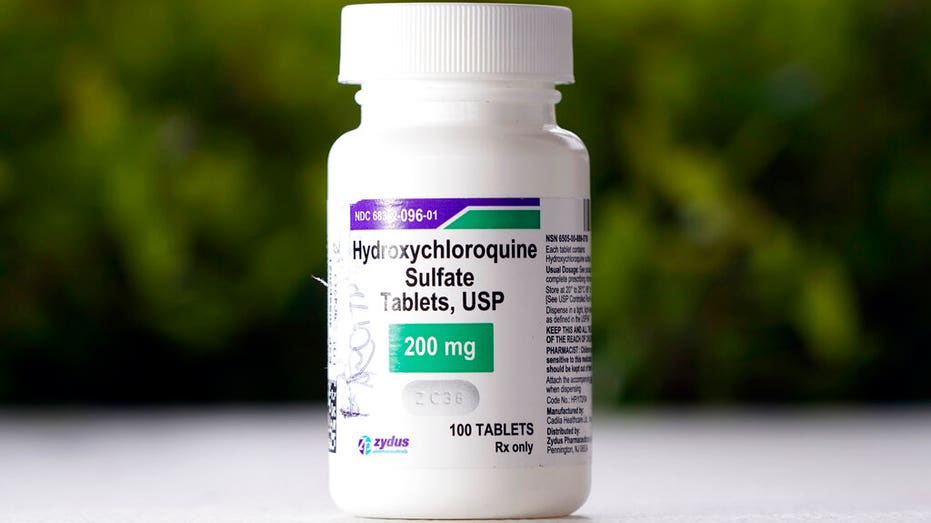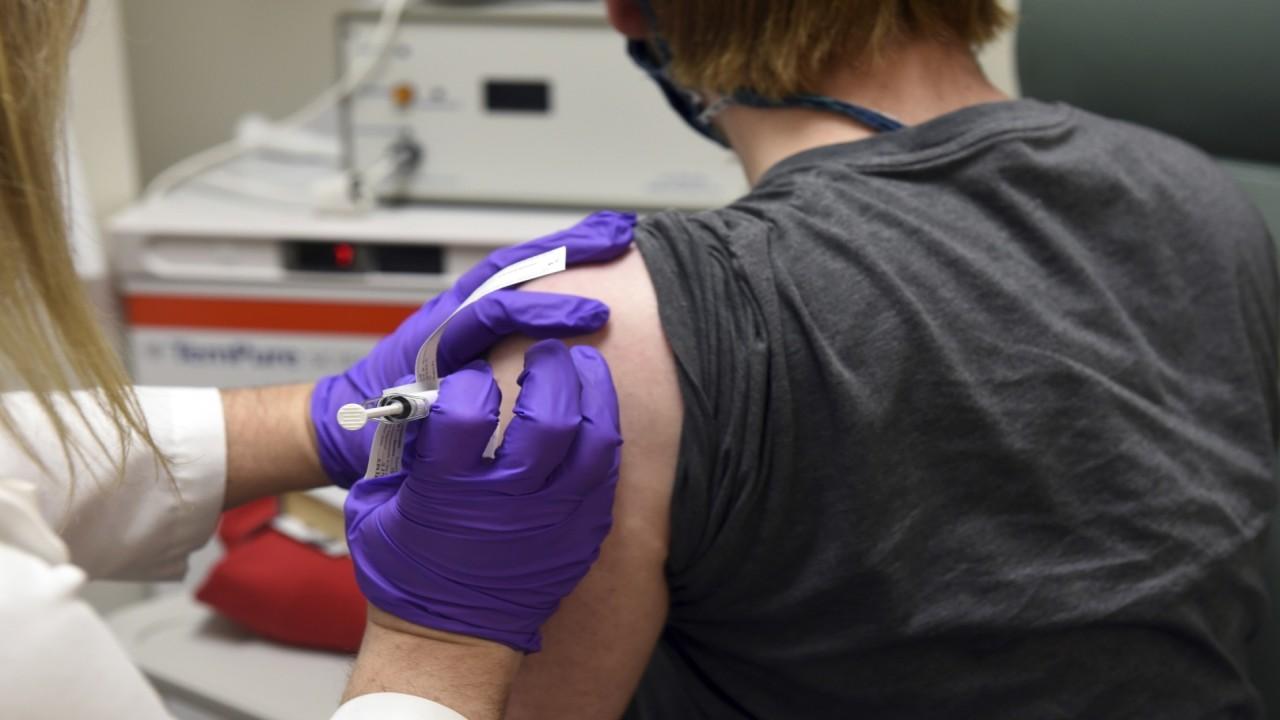'Substantive concerns' about hydroxychloroquine coronavirus treatment data: top journals
An investigation questioned the validitiy of information from Australia
Researchers are rethinking how much they know about the effects of hydroxychloroquine, a malaria treatment, on COVID-19 patients after two respected medical journals attached expression of concern to studies based on a database that is coming under increasing scrutiny.
The New England Journal of Medicine said Tuesday that it is awaiting more information on the database's reliability after publishing a study based on its information on May 1.
Surgisphere, which compiled the database, is a little known U.S. company headed by Sepan Desai, who is listed as an author for the studies published by The Lancet and the New England Journal of Medicine. An investigation by The Guardian published on Wednesday alleges that seven Australian hospitals "whose cooperation would have been essential for the Australian patient numbers in the database" said they had never heard of Surgisphere.
"This retrospective study used data drawn from an international database that included electronic health records from 169 hospitals on three continents," the New England Journal of Medicine's expression of concern states. "Recently, substantive concerns have been raised about the quality of the information in that database."
PRESIDENT TRUMP SAYS HE IS TAKING HYDROXYCHLOROQUINE FOR CORONAVIRUS PREVENTION
FOX Business' inquiry to Surgisphere was not returned at the time of publication.

This Tuesday, April 7, 2020 file photo shows a bottle of hydroxychloroquine tablets in Texas City, Texas. (AP Photo/David J. Phillip, File)
GET FOX BUSINESS ON THE GO BY CLICKING HERE
The Lancet also published a study based on the database that found that hydroxychloroquine was associated with "an increased frequency of ventricular arrhythmias when used for the treatment of COVID-19." Editors of The Lancet said Wednesday that some of the study's authors, who are not affiliated with Surgisphere, commissioned an independent audit of the data.
CLICK HERE TO READ MORE ON FOX BUSINESS
Questions about the studies' validity comes after the World Health Organization decided to stop looking into hydroxychloroquine as a potential coronavirus treatment in May.




















